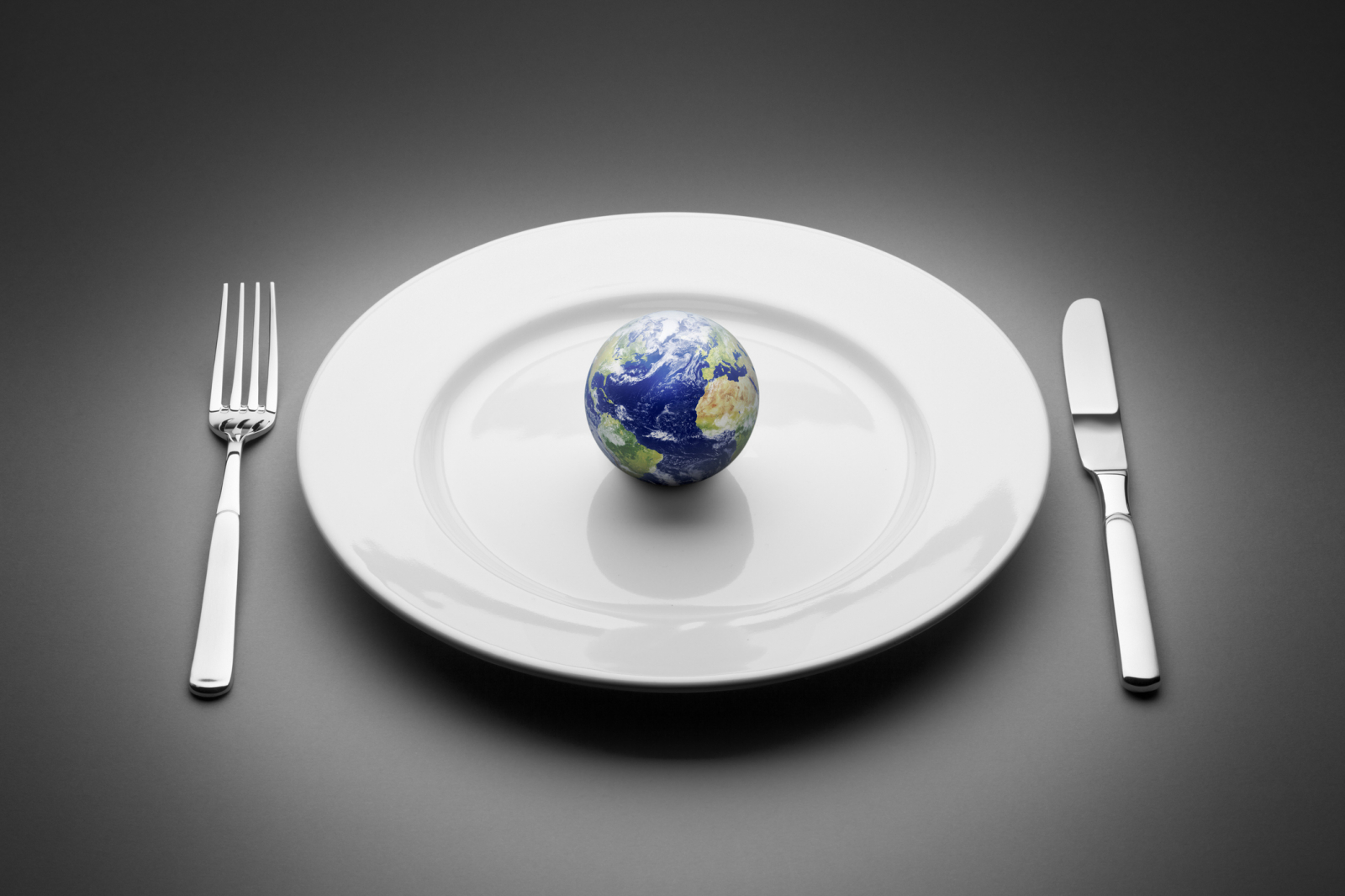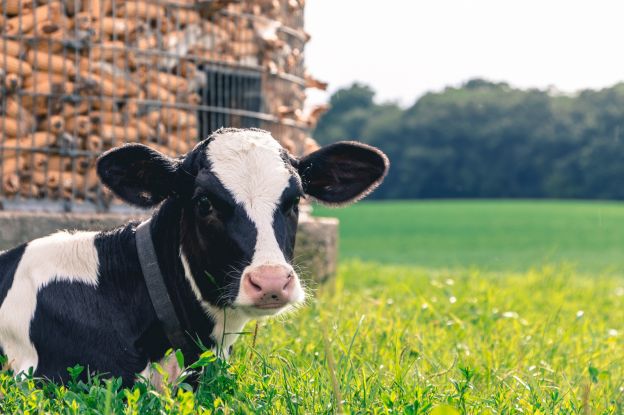© Pixabay / tombock1
Cattle are the leading agricultural source of greenhouse gases worldwide, with one cow belching about...
220 pounds of methane per year. While its lifespan is shorter than that of carbon dioxide (CO2), methane is about 25 times more potent at trapping heat in the atmosphere, making it particularly detrimental to climate change and a worrisome factor in the fight against global warming. Beyond cattle, the carbon footprint of livestock in general accounts for 14.5% of greenhouse gas emissions. For every 50 g of beef protein, the average greenhouse gas impact is 17.7 kg of CO2. In contrast, for every 50 g of bean protein, that number shrinks to 0.4 kg of CO2.
In addition, the consumption of animal-based proteins is on the rise in both developing and developed countries around the world. This growing demand reflects an increase in agricultural production of animal-based food products, further highlighting the necessity to render related food system processes more efficient and sustainable.
What can you do? Start eating more plant-based foods and reduce or eliminate your consumption of beef, lamb, farmed crustaceans and other foods that have a bigger carbon impact.













 Past Contests
Past Contests
 RECALL: 57 Tons of Frozen Food...
RECALL: 57 Tons of Frozen Food...
 International Team
International Team